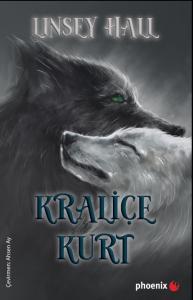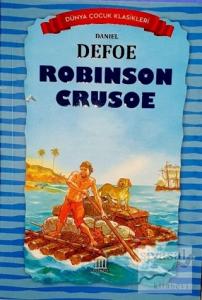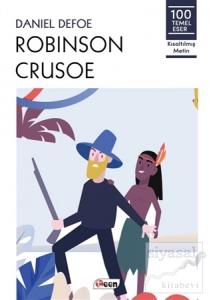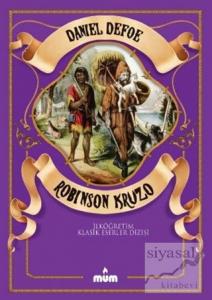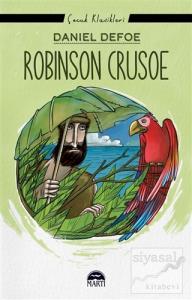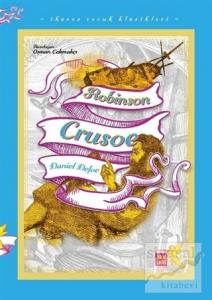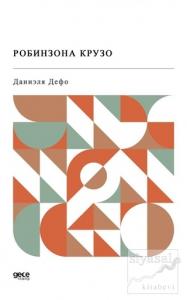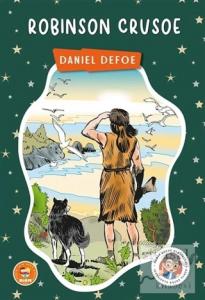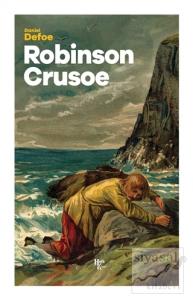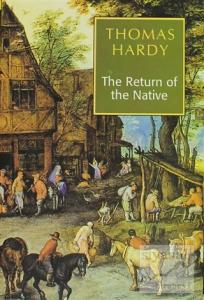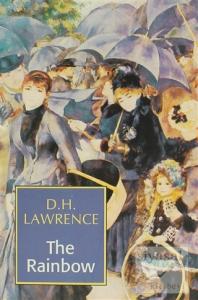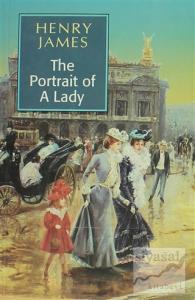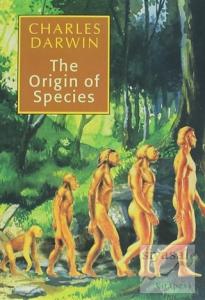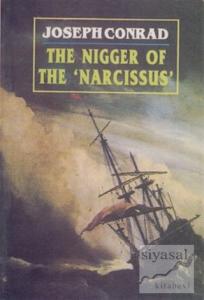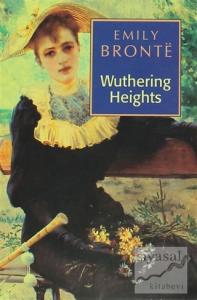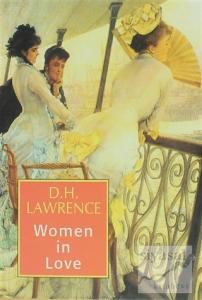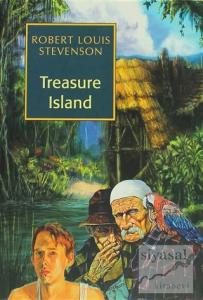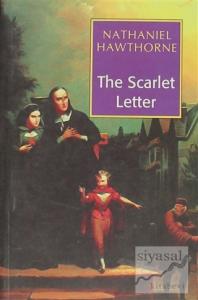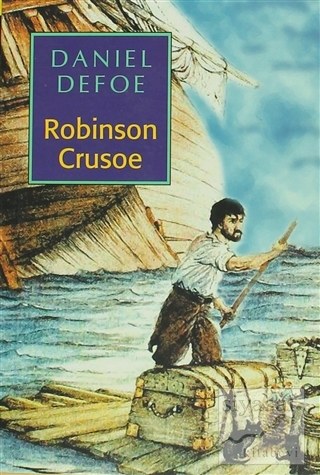
Published in 1719, Robinson Crusoe has remained one of the best-known and most read of English novels. It gained popularity among children and adults alike. The adventure story became one of the classics of English literature (like Gulliver's Travels, perhaps, or Pilgrim's Progress) and was translated into numerous languages.
Crusoe is a mariner who takes to sea in spite of parental warnings, suffers a number of misfortunes at the hands of Barbary pirates and the elements and is finally ship-wrecked on a desert island off South America. His crew dies and his location is unknown. He is without food, without shelter, without supplies and is never trained to live apart from the luxuries of civilization. He manages to exist on this island for more than twenty-eight years by a combination of systematic salvaging, resourcefulness and good fortune.
The novel embodies a vast and complex economic doctrine which Karl Marx, amongst many others, has thought worthy of serious scrutiny. It is, further, a work of considerable moral and religious significance; a fine tension is set up between God's purpose and Crusoe's very human impulses, which Daniel Defoe expresses with superbly vibrant, haunting realism.
Published in 1719, Robinson Crusoe has remained one of the best-known and most read of English novels. It gained popularity among children and adults alike. The adventure story became one of the classics of English literature (like Gulliver's Travels, perhaps, or Pilgrim's Progress) and was translated into numerous languages.
Crusoe is a mariner who takes to sea in spite of parental warnings, suffers a number of misfortunes at the hands of Barbary pirates and the elements and is finally ship-wrecked on a desert island off South America. His crew dies and his location is unknown. He is without food, without shelter, without supplies and is never trained to live apart from the luxuries of civilization. He manages to exist on this island for more than twenty-eight years by a combination of systematic salvaging, resourcefulness and good fortune.
The novel embodies a vast and complex economic doctrine which Karl Marx, amongst many others, has thought worthy of serious scrutiny. It is, further, a work of considerable moral and religious significance; a fine tension is set up between God's purpose and Crusoe's very human impulses, which Daniel Defoe expresses with superbly vibrant, haunting realism.








